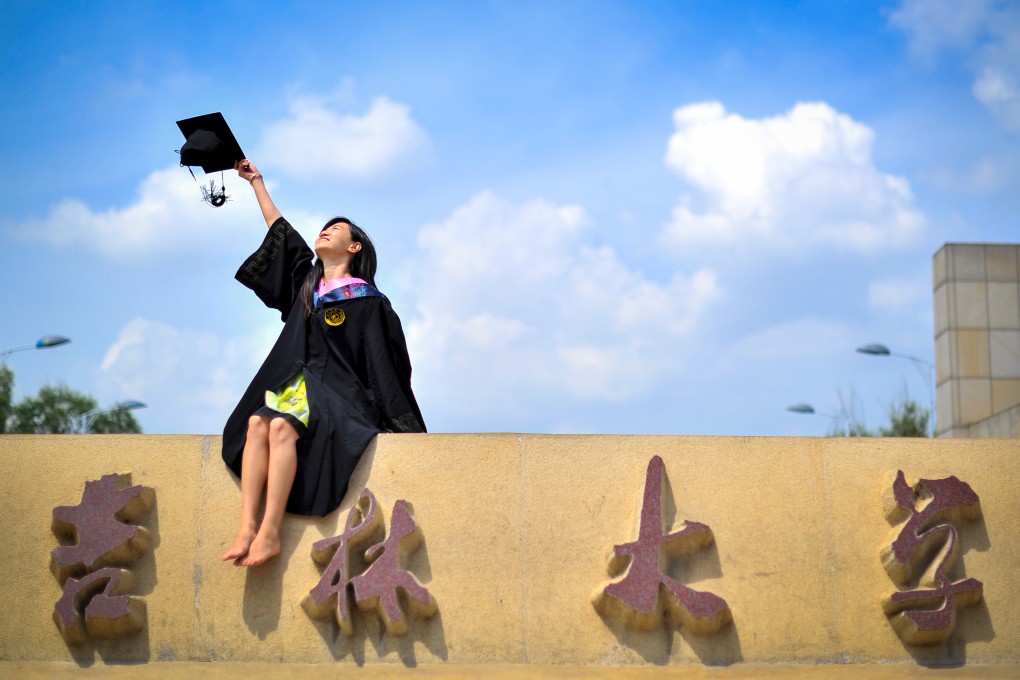China must nurture a new generation of beautiful minds
Frank-Jürgen Richter says online courses can offer global outlook needed

China's demographic dividend is over. It has few spare labourers and over half the population now lives in towns. The government has long acknowledged this change. It has also recognised that massive rural-to-urban migration would continue, typical of a developing nation in transition.
There is the great game of Go being played out by the Chinese. On the global stage, winning would mean being able to coexist and cooperate with all other nations equally, yet intermediate development stages will come as a shock to the casual observer.
We have seen steady economic growth enabled by a change from outright state control to guided development. Vast high-speed rail and modern road links are in place. And new trade accords have been negotiated to safeguard China's importing of energy resources and raw materials. All in all, we can suppose that China is becoming a developed nation.
One must therefore presume that its education programme is altering fundamentally - to support not only the basics but also instilling broad cognitive skills that support novel thinking, innovation and entrepreneurship.
As the global economy grew, and as the demand for goods was met by Asian nations that became the assemblers for the world (in particular, China), officials weakened education development to promote low value-added skills.
I am sure Chinese education officials are aware of global trends. In the 1990s, they rolled out two separate projects, one aimed at raising the research standards of their top universities, and the other an attempt to create world-class universities.
Today, China's many hundreds of universities produce over seven million graduates a year.